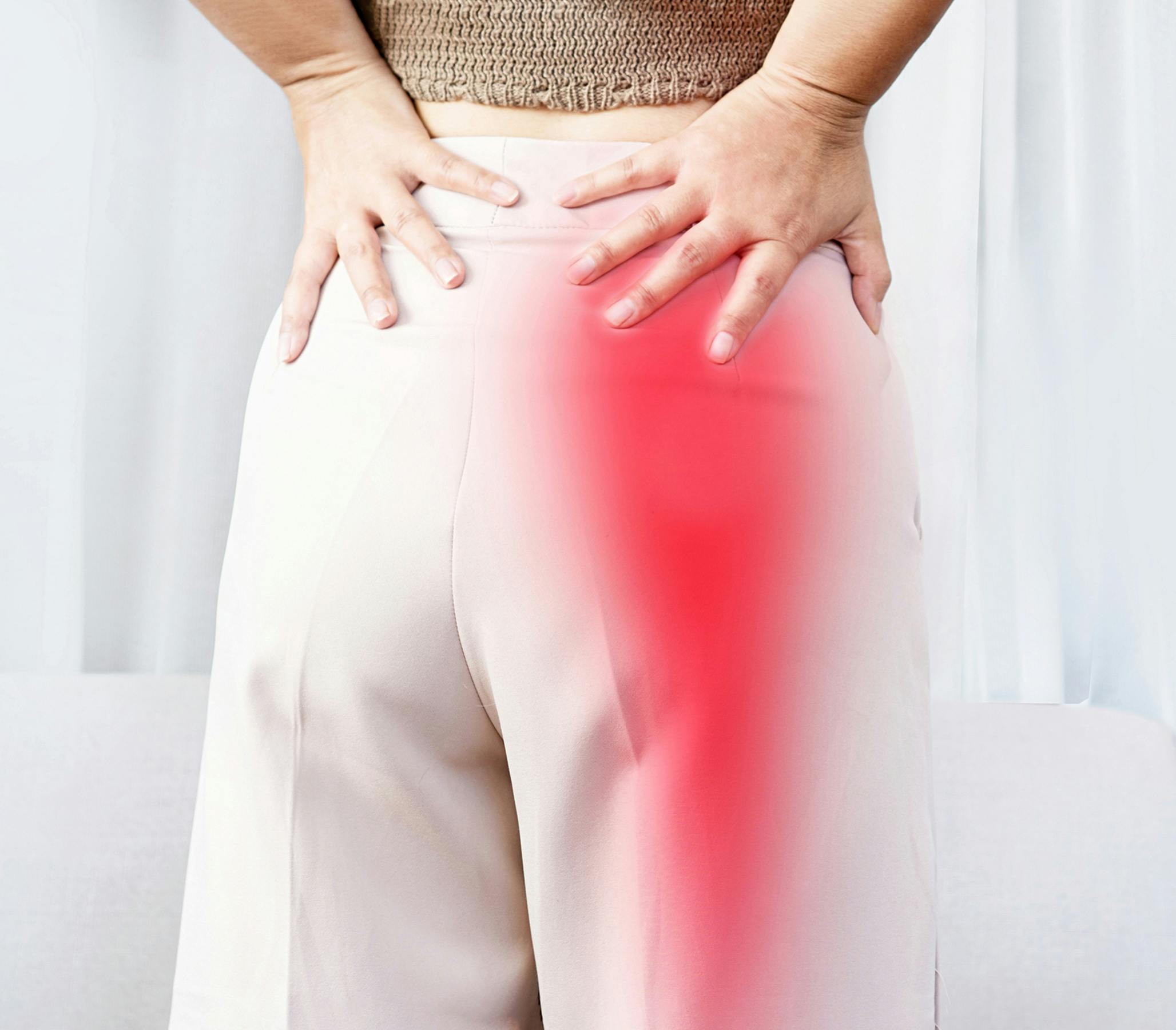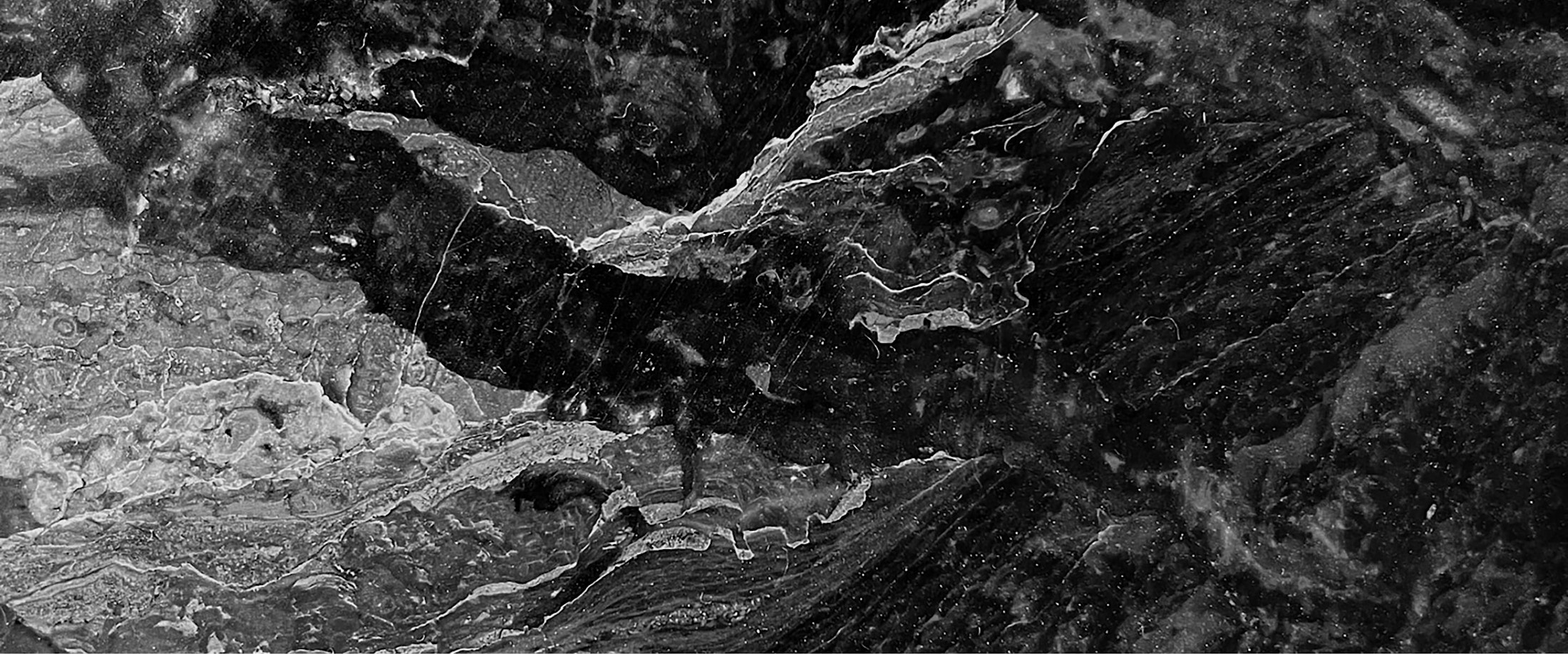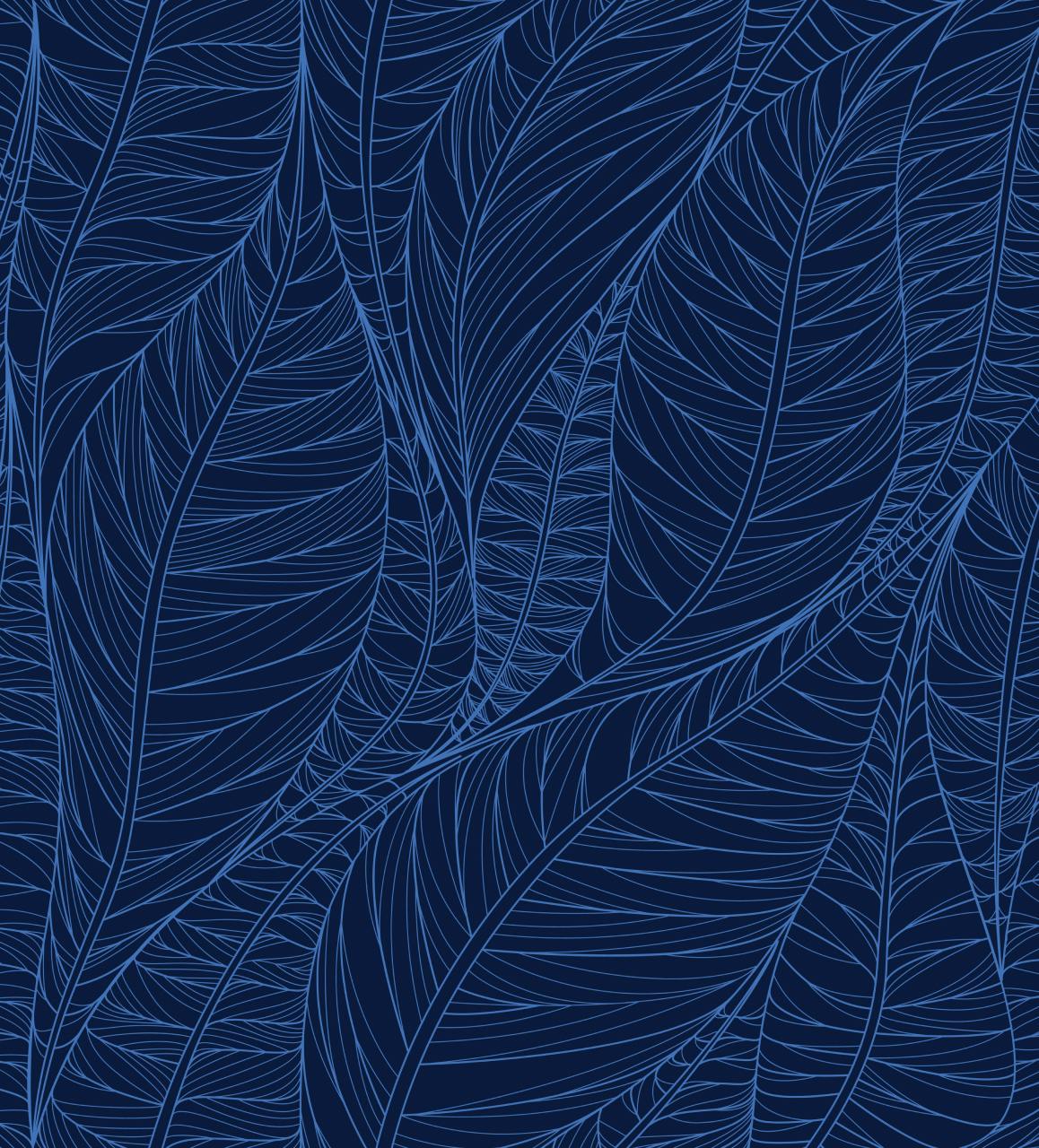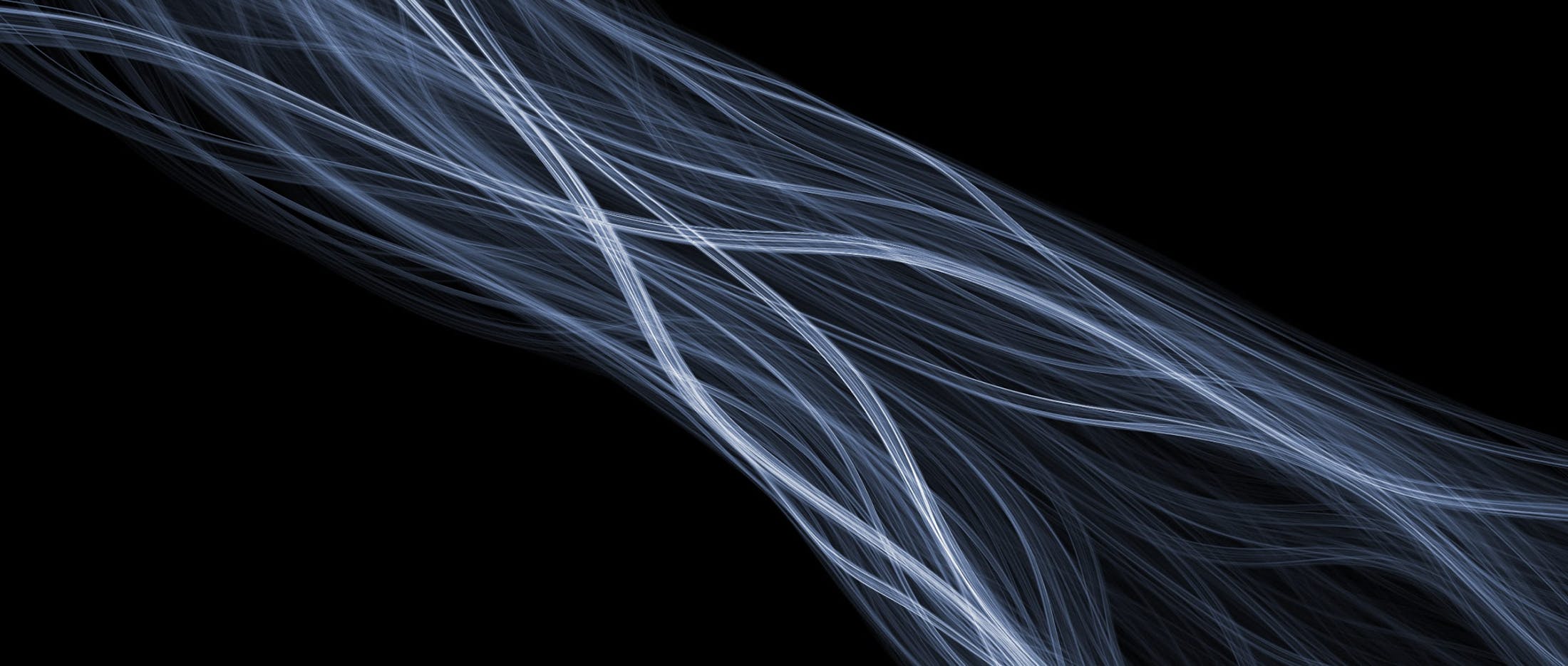Our specialists use advanced treatments to alleviate sciatica radiating pain, as the symptoms may be associated with varicose veins rather than nerve issues. Start your journey to a pain-free life today.
What is sciatica radiating pain?
Sciatica radiating pain refers to discomfort that originates in the sciatic nerve, the longest and widest nerve in the human body, which runs from the lower back down through the buttocks and legs. This pain is typically felt on one side of the body and can vary from a mild ache to a sharp, burning sensation or even severe discomfort. It often starts in the lower back and radiates down the leg and may be accompanied by symptoms like numbness, tingling, or muscle weakness in the affected leg and foot.







